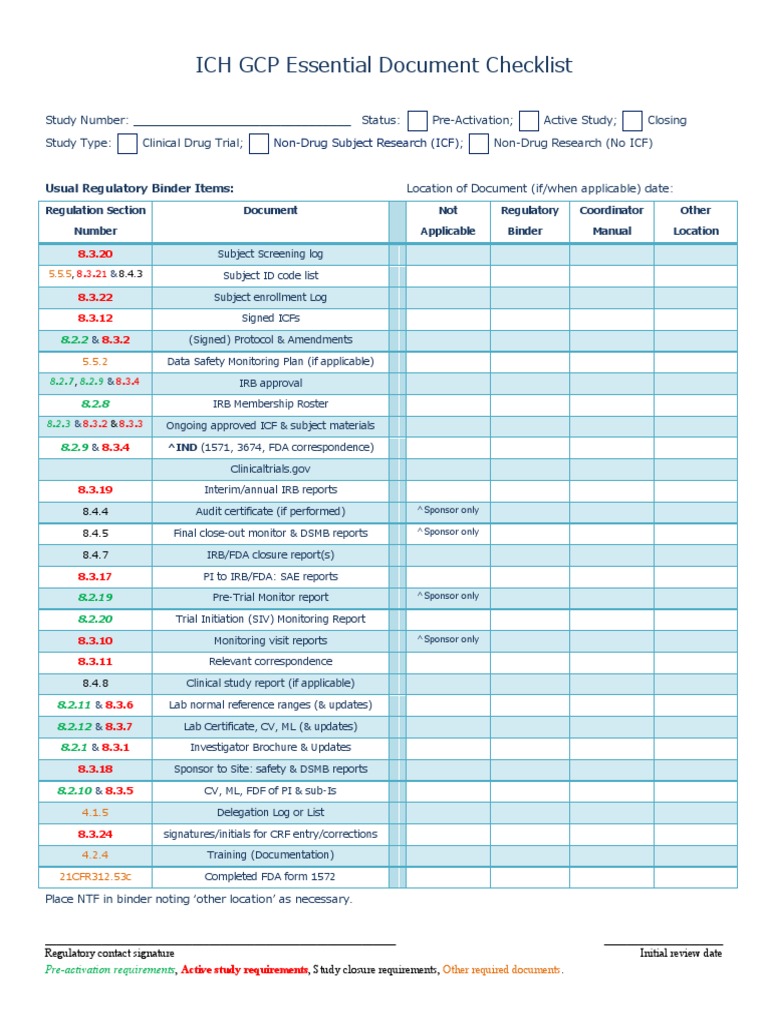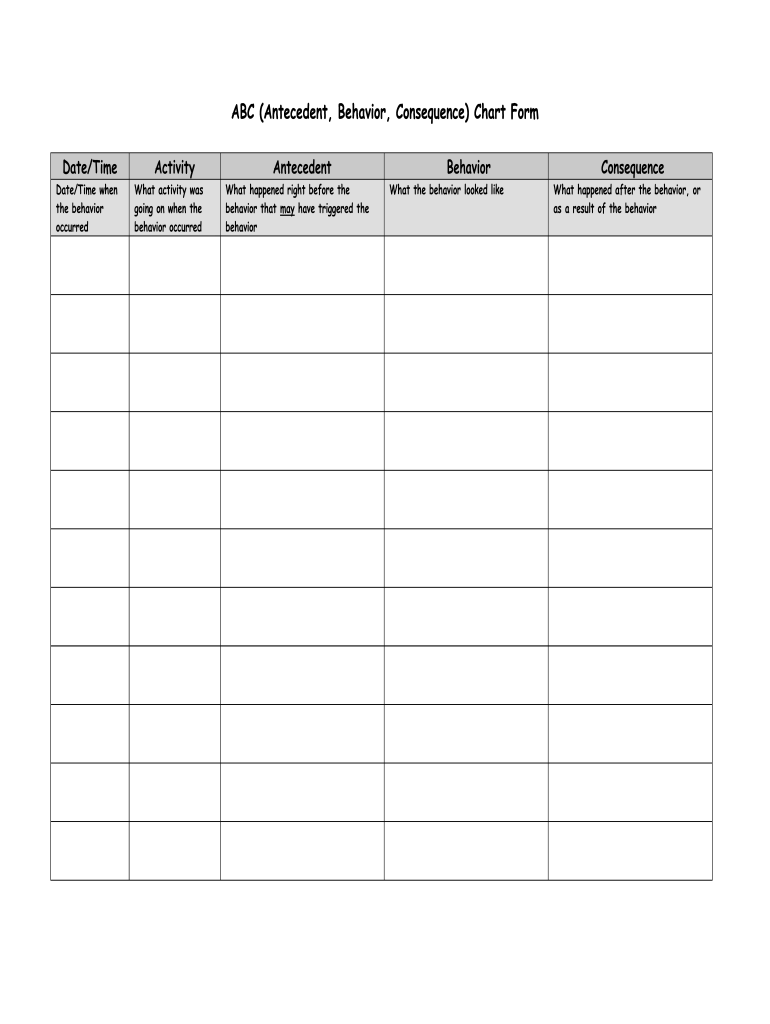5 Essential Documents for Probate Paperwork

The probate process can often seem daunting, especially for those who are unfamiliar with legal and financial paperwork. Whether you are executor of an estate, a beneficiary, or a legal representative, understanding the key documents required for probate is crucial. This guide will walk you through the essential documents you'll need to manage the probate procedure effectively, ensuring a smooth transfer of assets and resolution of any outstanding debts.
What is Probate?

Before delving into the documents, it’s beneficial to understand what probate entails:
- Probate is the legal process through which a deceased person’s estate is settled, debts are paid, and assets are distributed according to the will or, if there is no will, by state laws.

Document 1: The Last Will and Testament

The cornerstone of probate proceedings is the Last Will and Testament. Here’s what you need to know:
- Original Will: You must locate the original document, as copies are typically not admissible in court.
- Codicils: Any changes or amendments to the will should be included.
- Witness Statements: Sometimes required if the validity of the will is challenged.
- Notarization: While not always required, notarized documents can help speed up the process.
⚠️ Note: If a will cannot be found or if it’s lost, the probate court might need to determine its content through a different legal process.
Document 2: Death Certificate

A death certificate is essential for:
- Proof of Death: Necessary for starting the probate process.
- Number Required: Typically, multiple copies are needed to handle various legalities, including asset transfer and bank account closures.
Document 3: Notice of Petition to Administer Estate

This document:
- Informs Heirs: Required by law to notify potential heirs of the probate action.
- Objections: Allows any individual to file an objection or contest the administration if they believe there are issues.
Document 4: Letters Testamentary or Administration

These letters:
- Authorize the Executor: Grant legal authority to the executor or administrator to act on behalf of the estate.
- Execution of Duties: Allow the executor to handle estate affairs like paying debts, closing accounts, or selling property.
Document 5: Inventory and Appraisal

To properly manage the estate:
- List Assets: Everything of value owned by the deceased must be cataloged.
- Appraisal: Professional or court-approved appraisers will value these assets for tax and distribution purposes.
In conclusion, navigating probate requires meticulous attention to detail and a thorough understanding of the necessary paperwork. Gathering the Last Will and Testament, Death Certificate, Notice of Petition to Administer Estate, Letters Testamentary or Administration, and an Inventory and Appraisal ensures that the executor can manage the estate efficiently. Each document plays a crucial role in the legal proceedings, allowing for the proper resolution of the deceased's financial affairs. Remember, probate can be a long process, but with the right documentation in place, it can proceed smoothly and effectively.
What happens if a will can’t be located?

+
If a will cannot be found, the probate court may proceed with an intestacy, distributing the estate as per state laws. If there’s evidence that a will existed but is lost, a court can attempt to reconstruct the will’s content through affidavits or other evidence.
Can the probate process be avoided?

+
Yes, through methods like setting up living trusts, designating beneficiaries, or gifting assets before death. However, not all estates or assets can avoid probate, especially in community property states or where state laws require it.
How long does probate usually take?

+
The duration can vary significantly based on estate complexity, location, court backlogs, and whether the will is contested. It might take anywhere from several months to a few years.
What is the role of the executor in probate?

+
The executor (or administrator if there’s no will) is responsible for gathering estate assets, paying debts and taxes, and distributing the remaining assets as per the will or state laws if intestate.
Do all assets go through probate?

+
No, assets with designated beneficiaries or those held in certain types of trusts can bypass probate. However, properties held in the deceased’s name alone usually go through probate unless specific exemptions apply.



